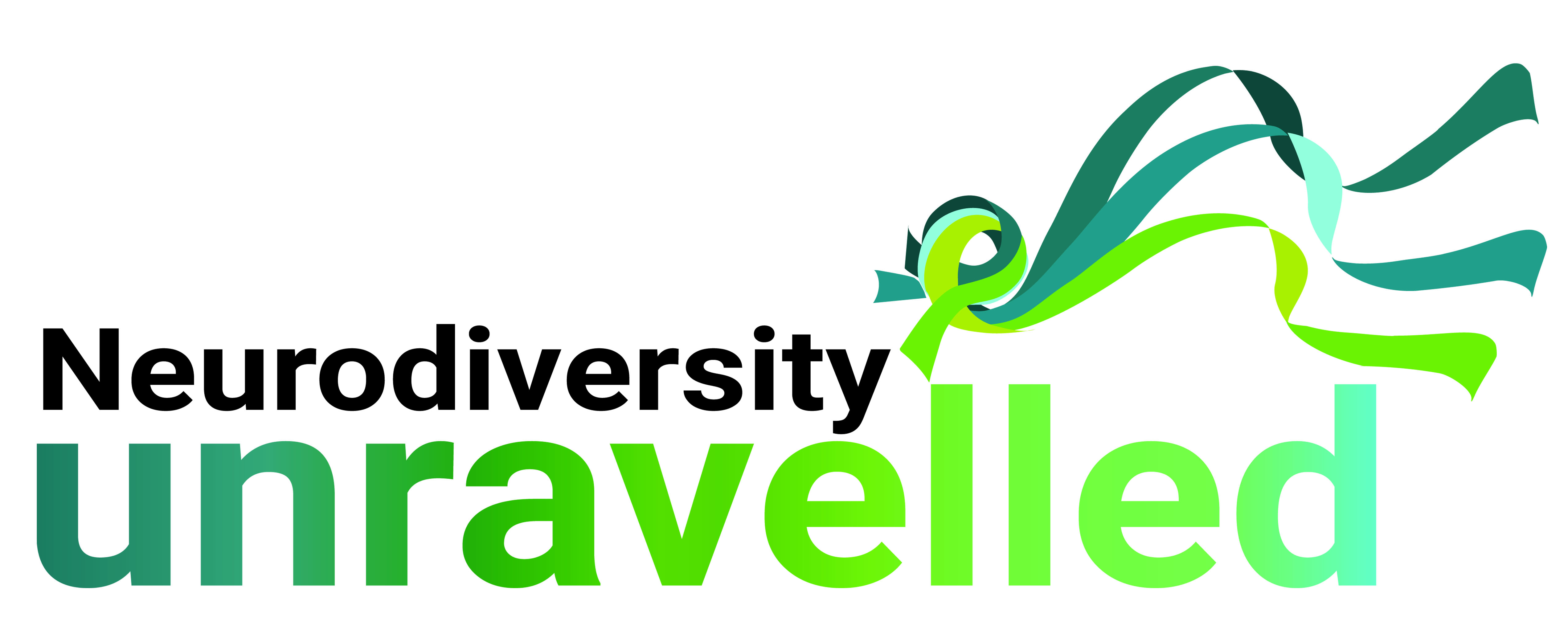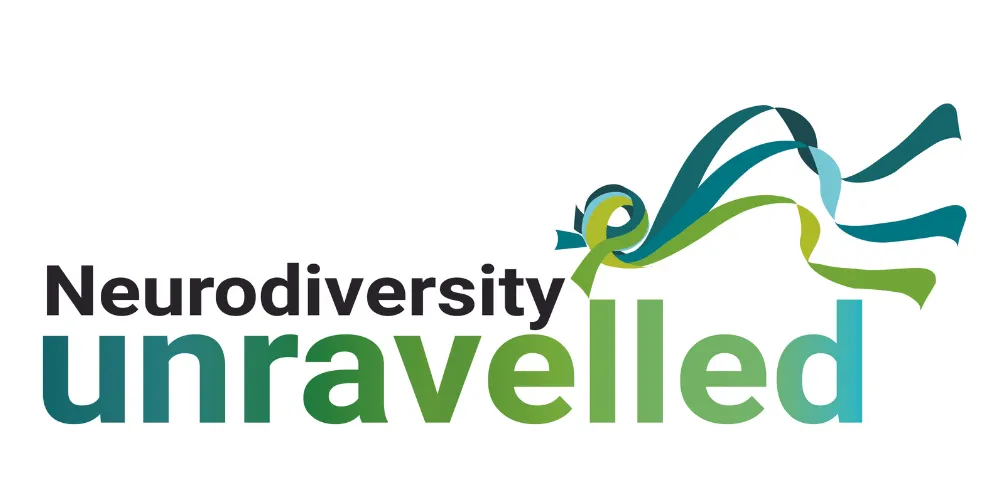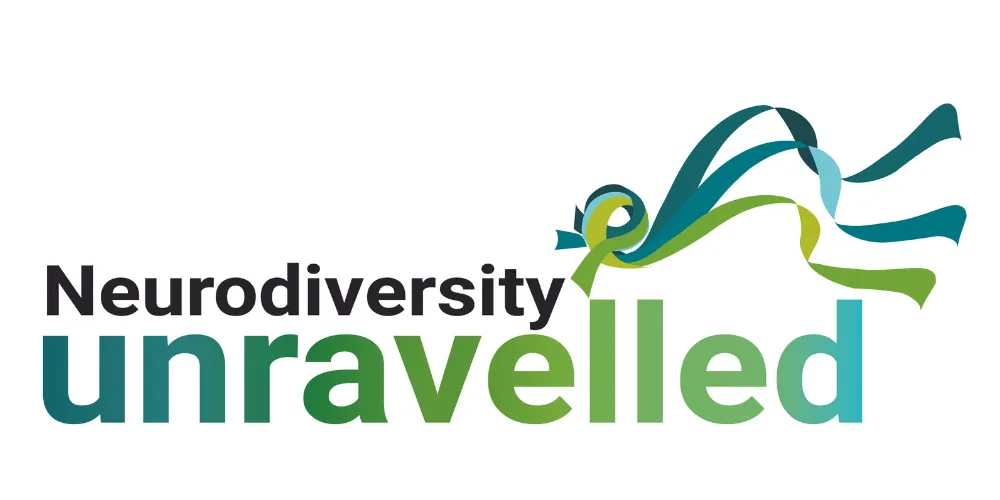
Masking in autistic girls: what parents need to know
Masking in autistic girls: what parents need to know
Masking is a term that refers to the conscious or unconscious effort by autistic individuals to hide or suppress their autistic traits in order to fit in with societal norms or expectations.
Masking is particularly common among autistic girls and can have significant implications for their mental health, academic performance, and overall well-being. Understanding masking, especially in the school environment, is crucial for both parents and educators.
What is masking?
Masking involves adopting behaviours that are socially acceptable, such as making eye contact, mimicking social gestures, or suppressing repetitive behaviours (like stimming). Autistic girls often engage in masking to avoid being bullied, rejected, or misunderstood. While this may help them navigate social situations temporarily, it can be mentally exhausting and lead to various challenges, both in and out of school.
Further examples of masking could include:
· Consciously using facial expressions, often by mirroring others;
· Forcing oneself to make eye contact or monitoring how much eye contact is being made;
· Changing speech or tone of voice, for example by using less direct phrasing, or being more or less animated;
· Planning in advance what to say to someone (known as ‘scripting’);
· Asking more questions than would come naturally;
· Not talking about their interests due to a concern that they may be perceived as inappropriate or unusual;
· Mirroring dress sense and other elements of appearance.
Why do girls mask more than boys?
Research suggests that autistic girls are more likely to mask their symptoms compared to boys. This is partly due to societal expectations that girls should be more social and emotionally expressive.
As a result, girls with autism may become adept at observing and copying the behaviours of their peers to blend in. Unfortunately, this ability to mask can lead to under diagnosis or late diagnosis, as their struggles may not be immediately obvious.
The impact of masking
Masking can have several negative consequences for autistic girls, especially in a school setting:
Emotional exhaustion and burnout Constantly masking can lead to emotional and physical exhaustion, known as "autistic burnout." This can manifest as anxiety, depression, or even physical illness, making it difficult for girls to keep up with their schoolwork and social interactions
Delayed diagnosis and support Because masking can effectively hide autistic traits, teachers and even parents may not recognise that a girl is on the autism spectrum. This delay in diagnosis means that girls may not receive the support they need at school, leading to academic struggles and social difficulties.
Internalised stress and anxiety Autistic girls who mask may internalise their struggles, leading to high levels of stress and anxiety. This internalised pressure can increase the risk of mental health issues such as depression or eating disorders, as well as emotional meltdowns or outbursts
Difficulty with authentic relationships Masking often involves pretending to be someone they are not, which can make it challenging for autistic girls to form genuine connections with their peers. They may feel isolated, as their friendships are based on a version of themselves that isn’t entirely authentic.
Low self esteem Masking can lead to a loss of sense of self and of self-worth, which can also impact on mental health, leading to depression and other disorders.
Five ways parents and educators can support autistic girls
1. Promote acceptance and understanding: Educators and parents should foster an environment of acceptance, where all students feel valued for who they are. This includes educating peers about autism to reduce stigma and promote understanding.
2. Encourage open communication: Girls should feel safe to express their feelings and experiences without fear of judgment. Regular check-ins, both at home and school, can help identify any struggles they may be masking.
3. Provide appropriate accommodations: Schools should offer accommodations that allow autistic girls to manage their stress and workload. This might include sensory breaks, flexible seating, or modified assignments.
4. Recognise and validate their experience: It’s important to acknowledge the effort that goes into masking and validate the emotional toll it takes. Acknowledging their struggles can help autistic girls feel seen and supported.
5. Encourage authentic social interactions: Encouraging girls to engage in social interactions that align with their true selves can help build their confidence and reduce the need to mask. This might involve small group activities or finding shared interests with peers.
Neurodiversity Unravelled can help support you and your daughter
Masking is a common but often overlooked issue among autistic girls, especially in the school setting. While it may help them navigate social situations, the long-term effects can be detrimental to their mental health and overall well-being.
Compassionate and holistic assessment
At Neurodiversity Unravelled our experienced team of professionals use adapted diagnostic tools and techniques which are specifically for girls and women, and we use evidence-based practices to ensure the most accurate and reliable diagnoses. Our commitment to staying updated with the latest developments in the field allows us to offer the best diagnostic services available.
Our assessments take into account the wide range of symptoms and behaviours that may manifest in girls with autism. We utilise a combination of standardised tests, behavioural observations, and interviews with both the child/young person and their family. This rounded approach allows us to understand the full range of the child’s strengths and challenges, leading to a more accurate diagnosis and onward support.
Our purpose
At Neurodiversity Unravelled, we are passionate about recognising strengths and celebrating neurodiversity. We strive to:
· Empower people to reach their potential in their daily life;
· Provide individualised recommendations so individuals and organisations can flourish and thrive;
· Improve the quality of services for children, young people, adults and their families, within their everyday environments;
· Provide expert, high-quality strengths-based solutions;
· Encourage everyone in our world to explore ways of how to celebrate neurodiversity.
Proven success in supporting families
As a small business, we measure our success on the feedback we receive from clients. We have a proven track record of supporting families through what can be a challenging time, and we are proud of the work we do.
“Recently my daughter had an assessment for ADHD and autism. We couldn't fault everyone from the company, excellent communication throughout, they made myself and my daughter feel comfortable and safe to explore her difficulties. Excellent feedback and a comprehensive and helpful report. Thank you to everyone at Neurodiversity Unravelled"
https://neurodiversityunravelled.com/contact-us
Email: [email protected]



